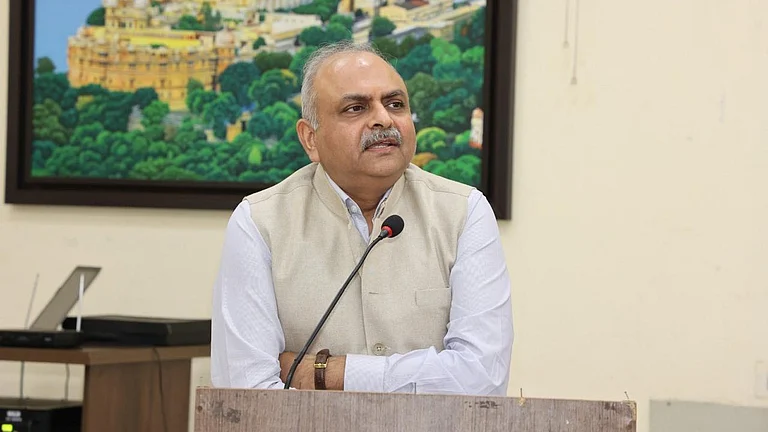Digital payments and banking solutions unicorn Razorpay announced on Tuesday that as part of its 10th-anniversary celebrations, each employee would receive stock ownership plans worth Rs 1 lakh. Notably, this would be the fintech unicorn's third employee liquidity event.
"It is uncommon for companies to undertake such initiatives on a large scale, particularly by uniformly allocating fresh ESOPs to all current employees across all levels. For many employees, this marks their first-ever ESOP allocation," Razorpay said in a statement.
ESOPs worth Rs 1 lakh allocated to each of its over 3,000 employees will not be differentiated on the basis of role or tenure.
Razorpay's first ESOP buyback in 2018 enabled 140 employees to liquidate their vested shares. In its second $75 million ESOP buyback in 2022 benefited almost 650 former and existing employees.
10 Years of Razorpay
Razorpay's total income in FY24 increased to Rs 2,501 crore as compared to Rs 2,293 crore in FY23. It has a consumer base of over 30 crore across India and its annualised total payment volume stands at $180 billion.
The fintech giant also powers payments for 80 of India’s 100 unicorns. It is also the second Indian company to join Silicon Valley’s tech accelerator, Y Combinator.
The Bengaluru-based omnichannel payments platform was founded in 2014, by IIT Roorkee alumni Shashank Kumar and Harshil Mathur to provide innovative, technology-driven solutions to address the complete payment and banking needs of Indian businesses.
The fintech unicorn is backed by investors like Lightspeed , Lone Pine Capital, Alkeon Capital , TCV, GIC, Tiger Global Management , Peak XV Partners (formerly Sequoia Capital India), Ribbit Capital, Matrix Partners, Salesforce Ventures, Y Combinator, and MasterCard.
In Series A to F funding rounds, it raised around $741.5 million so far with contributions from angel investors.
According to the Times of India, Razorpay has initiated the process of relocating its headquarters from the United States to India. This move aligns with the Indian government's push to encourage "reverse flipping"—a strategy aimed at bringing back Indian-origin companies currently headquartered overseas. The relocation indicates a significant step in Razorpay's plans to go public by 2026, as per the report.































